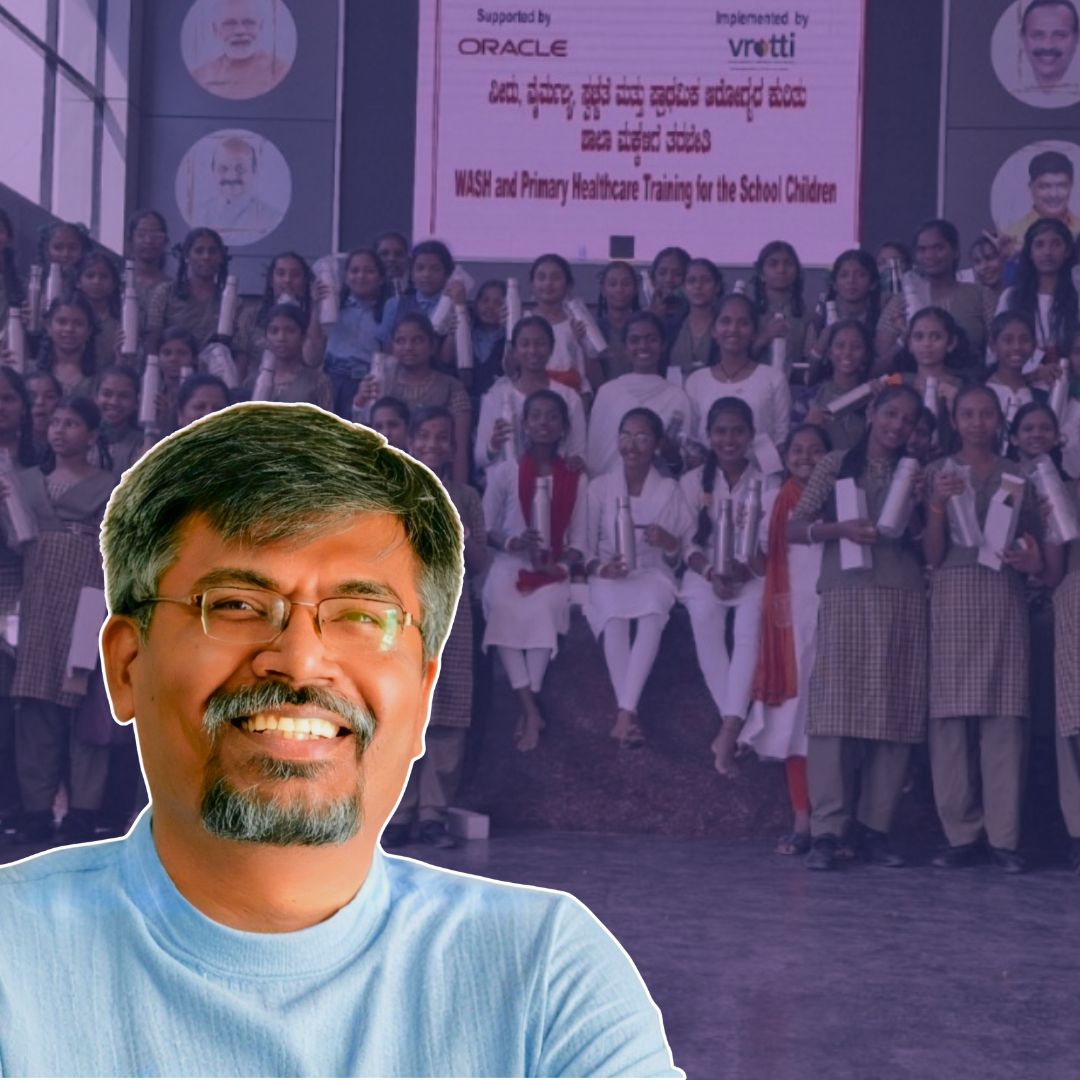Balakrishnan S, who presently leads Business Strategy and Development at Lawrencedale Agro Processing India Pvt. Ltd., has steadily emerged as a transformative force in India’s social impact and livelihood space.
With a career spanning over two decades, Balakrishnan has journeyed from hands-on grassroots development to strategic leadership roles across reputed organisations, always prioritising the agency and dignity of rural communities.
His initial years with Catalyst Management Services and Vrutti immersed him in field realities, guiding him to innovate models that address both immediate needs and long-term resilience, particularly for marginalised farmers, women, and artisans.
Most celebrated among his contributions is the 3Fold Model a holistic livelihood strategy that integrates community collectives, institutional building, financial and market access, and climate-smart agricultural practices.
This approach, which has empowered upwards of 42,000 smallholder farmers nationwide, is widely lauded for its proven ability to drive scalable, inclusive transformation.
At Lawrencedale, Balakrishnan builds on this legacy by aligning business growth with social good: reimagining agri-value chains, piloting sustainable production clusters, and advocating for policies that combine profitability with rural prosperity.
Industry leaders, government officials, and grassroots voices alike have praised his capacity to unite diverse stakeholders behind shared development outcomes, while his passion for ethical entrepreneurship and climate action is reflected in a host of ongoing collaborations and new ventures.
Through these roles, Balakrishnan remains a catalyst for change, exemplifying how inclusive leadership and innovative thinking can bridge longstanding development gaps in rural India.
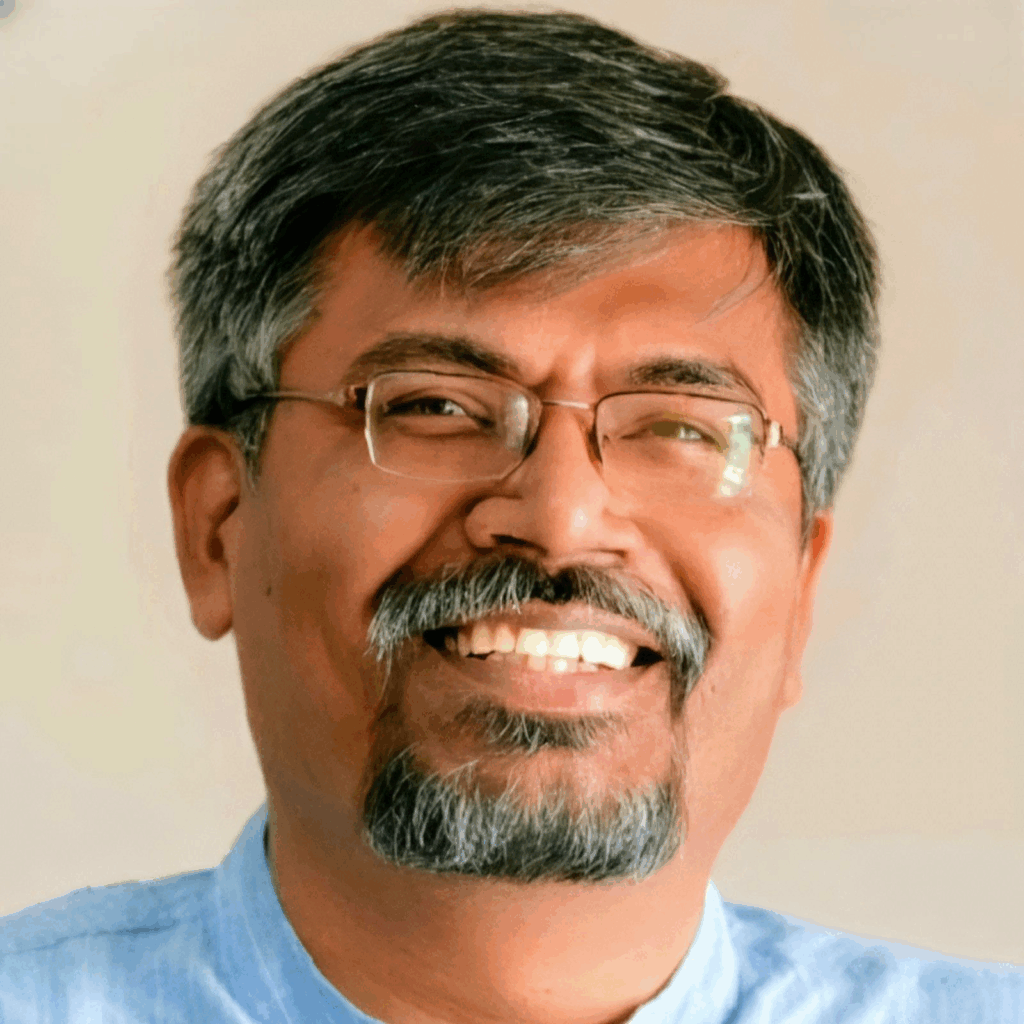
Seeds of Change: A Journey from Field to Framework
Balakrishnan’s story begins not in office spaces but in India’s small village clusters. Armed with a background in management and an instinct for understanding people, he joined Catalyst Management Services (CMS) in the early 2000s an institution designed to bridge professional management and grassroots realities.
His early years were filled with field immersion learning from farmers struggling with market volatility, artisans navigating diminishing margins, and women organising cooperatives against debt pressure.
“I realised early that communities hold the blueprint for their own transformation,” he recalls from his numerous field engagements. “Our role is not to prescribe from a distance, but to listen, enable, and collaborate.”
These formative experiences in southern India shaped his belief that development models must build agency before assets. From there, Balakrishnan moved to Vrutti part of the Catalyst Group to experiment with institutional models capable of addressing systemic fragility in livelihoods.
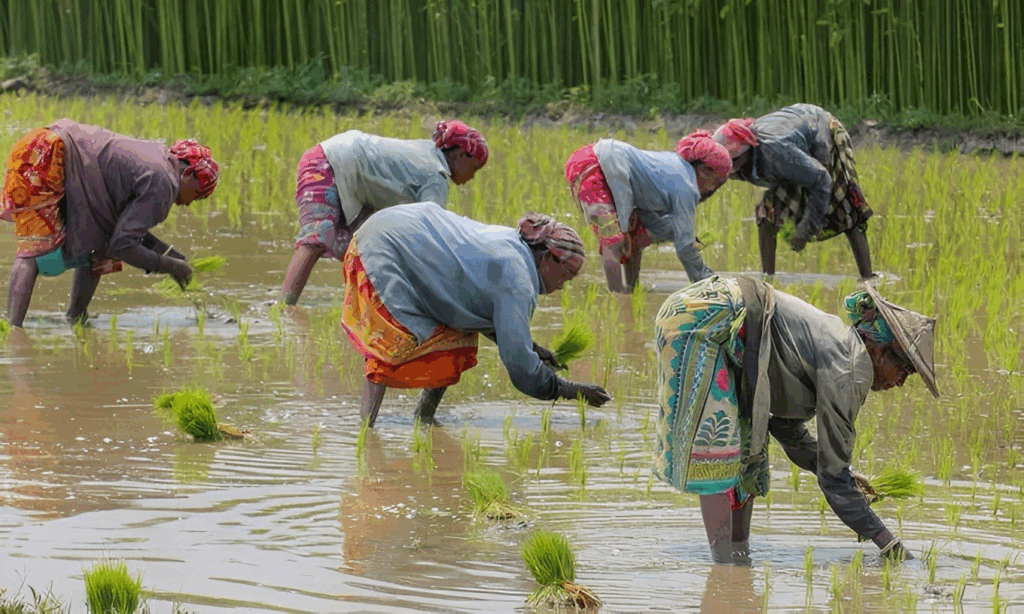
Building the 3Fold Vision: Wealth, Resilience, and Responsibility
Vrutti, co-founded by graduates of the Institute of Rural Management Anand (IRMA), was established in 2002 as a centre for sustainable livelihoods.
Under Balakrishnan’s stewardship, Vrutti designed the “3Fold” model a framework envisioning wealthy, resilient, and responsible smallholder farmers.
Each of its regional clusters, known as Business Acceleration Units (BAUs), acts as a bridge between local producers and modern economic systems.
With the support of partners like Mindtree’s iGotCrops platform and the Small Farmers Agri-business Consortium (SFAC), the model integrates capacity building with financial access and data-driven market intelligence.
Each BAU works with approximately 7,500 farmer families and attracts cumulative investments exceeding ₹7 crore, providing access to inputs, analytics, and responsible financing.
“Our ambition isn’t charity; it’s equity through enterprise,” Balakrishnan affirms. His leadership catalysed Vrutti’s ability to turn institutional collaboration into local prosperity recording marked increases in farm incomes and resilience to climate-linked risks.
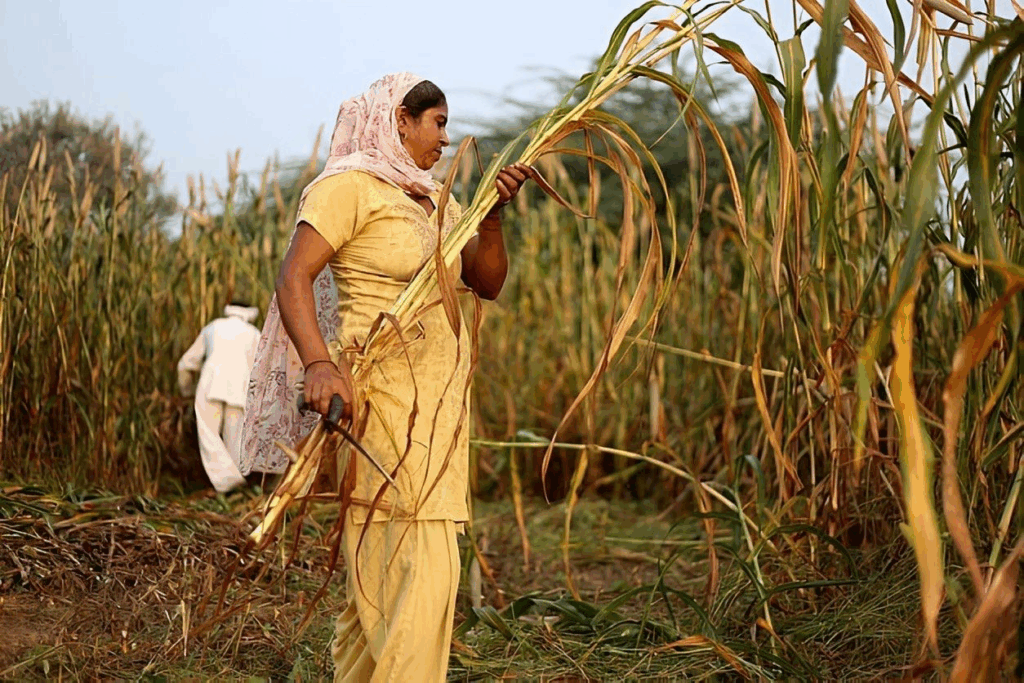
Leading Collective Growth Through Catalyst Group
Within the broader Catalyst Group, Balakrishnan is recognised as both strategist and integrator. The Group operates as a network of social enterprises including CMS, Swasti Health Catalyst, Fuzhio, and the Green Foundation each addressing health, livelihoods, and sustainability in an interconnected framework.
Together, they have touched over two million lives across 10 states, linking community prosperity with systemic reform.
The Group’s milestone Catalyst Livelihood Venture (CLV) initiative, for instance, facilitated business worth over ₹100 crore through agri-sales and capital access between 2022 and 2025, creating new revenue pathways for more than 45,000 farmers.
Balakrishnan’s leadership style collaborative, design-oriented, and deeply empirical focuses on what he calls “ecosystem orchestration.” He emphasises partnerships among NGOs, government, and industry to ensure development that outlives single projects.
“Institutions must evolve faster than markets,” he notes, “if they want to remain relevant to people’s changing realities”.
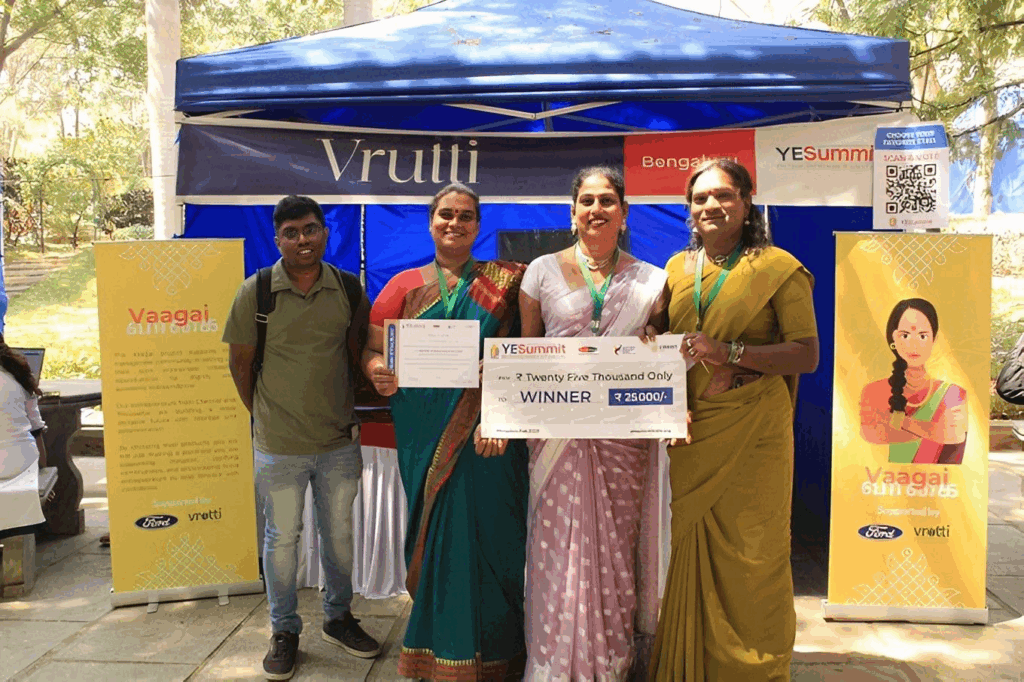
Beyond Farming: Dignity as the Core Metric
While livelihoods remain the foundation of Balakrishnan’s work, he has consistently extended the boundaries of what social business can achieve. His involvement in establishing Swati Jyothi a cooperative for women in vulnerable occupations demonstrates this intention.
The cooperative offers financial inclusion services and helps women access alternative sources of income without exploitation. Parallel initiatives in renewable agriculture and youth employment continue to expand his impact footprint, highlighting that sustainability is not a technical agenda, but a social one.
The Vrutti Annual Report 2025 outlines an increased focus on climate-smart enterprises programmes enabling small producers to embrace regenerative agriculture practices and diversify into cultural and non-farm sectors.
Each programme, Balakrishnan insists, must “begin with trust and end with dignity.” His conviction has redefined not only how India measures rural prosperity but also how economic inclusion is scaled ethically.
Reimagining the Next Decade: Collaboration, Climate, and Change
Balakrishnan’s current focus extends to reconfiguring rural entrepreneurship in the era of climate uncertainty. He engages policymakers in scaling livelihoods through data-driven, low-carbon pathways and advocates for joint farmer ownership in carbon credit frameworks.
As Head of Strategic Initiatives at Samunnati, he now designs financial products for inclusive growth and market access, continuing to champion systems thinking for social equity.
His long association with organisations like CMS and Vrutti has established him as a bridge between practitioners, policymakers, and private institutions.
Yet, his philosophy remains grounded: “Sustainability cannot be imported it must be cultivated within communities,” he often reflects. His modest tone belies the scale of his influence on social entrepreneurship in India, where he is frequently cited in panels on responsible markets and circular economies.
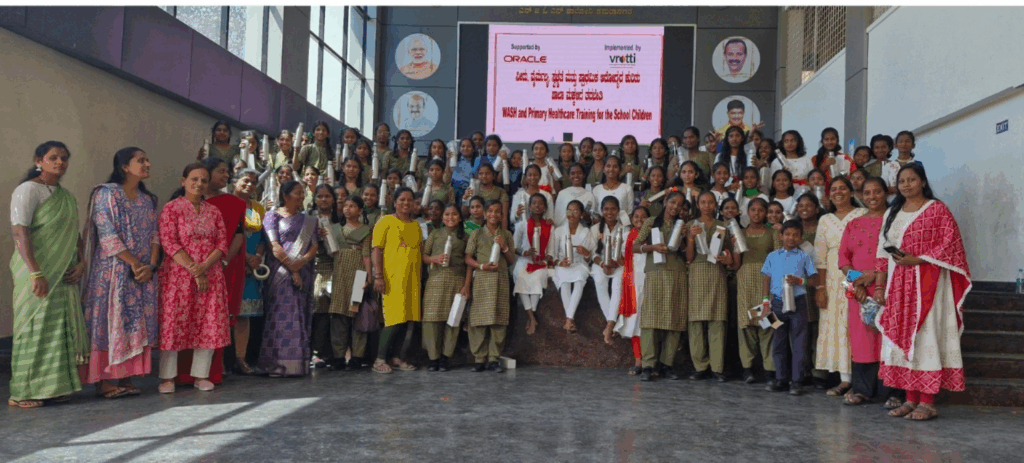
The Logical Indian’s Perspective
Few development leaders embody humility and institutional rigour as seamlessly as Balakrishnan S. His journey grounded in partnership, patience, and purpose offers a compelling template for inclusive progress. The Logical Indian views his work as a reminder that real impact begins where empathy meets enterprise.
In a time when rural India stands at the crossroads of climate, technology, and social change, Balakrishnan’s life story invites reflection on how progress must be measured not by the wealth we accumulate, but by the dignity we enable. As India advances toward a just economy, can more changemakers blend social conscience with systemic design to ensure communities thrive, not merely survive?
If you’d like us to cover your story or feature your initiative, please write to us at csr@5w1h.media.


